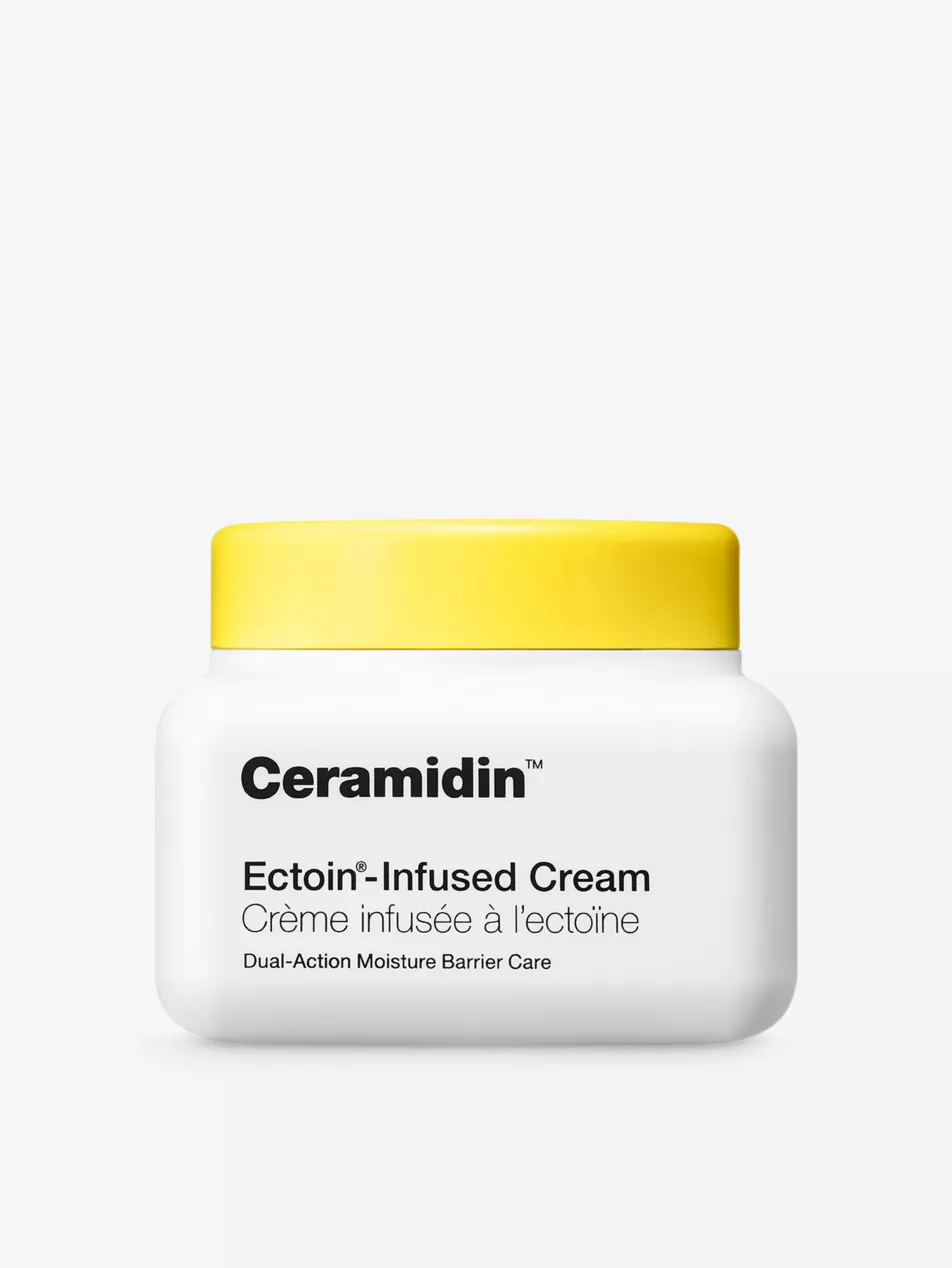You’re About to See Ectoin Everywhere
Dermatologists believe the multi-benefit wonder is worth the hype.
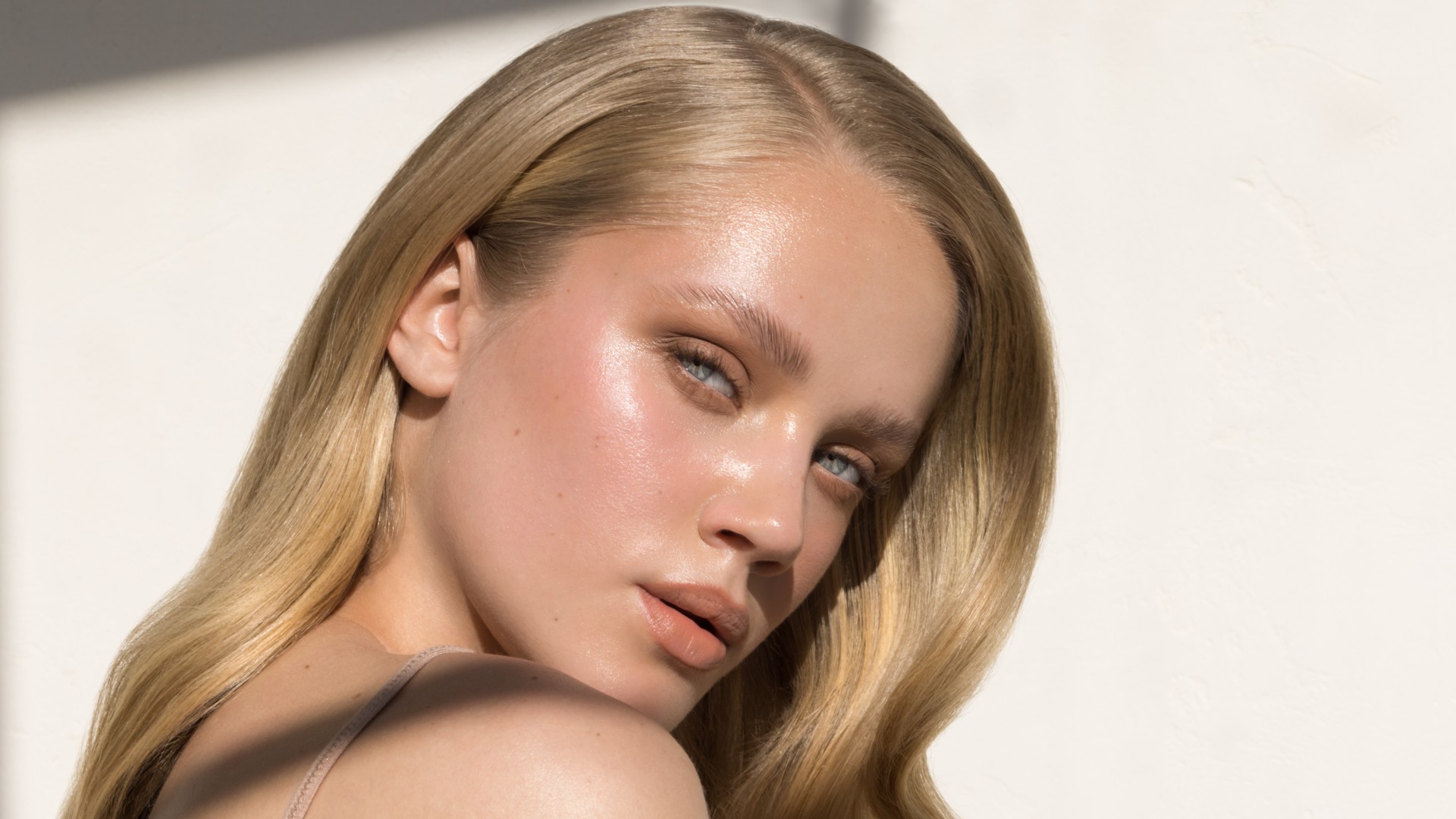

Rewind to a few years ago and those in skincare’s inner circle couldn’t stop talking about hyaluronic acid. Its popularity happened overnight—but has held steady, becoming a staple in routines. Niacinamide rose to fame shortly after. Again, a multi-benefit ingredient deserving of its flash-in-a-pan acclaim. Next up on the agenda: Ectoin, an under-the-radar, albeit very skilled ingredient that works as your skin’s ultimate bodyguard.
“Ectoin is the ingredient to look out for in 2024. It’s the epitome of cell protection,” says Dr. Margarita Lolis, Board-Certified Dermatologist and Mohs Surgeon. “It is valued for its hydrating, stabilizing, and anti-inflammatory properties; helps protect skin cells from environmental stressors like pollution and UV radiation; and its water binding capacity also affords intense hydration to the skin.”
In short: It does–well—a lot. You’ll find it in a wide range of formulas and alongside everything from hydrating ingredients to exfoliating acids. It’s safe and derm-recommended for every skin type and is extremely easy to incorporate into your routine. To get the scoop on the up and coming ingredient, read ahead. Top doctors are breaking down what to know.
What Is Ectoin?
Simply put: Ectoin is an ingredient that is designed to protect your skin from damage. Classified as something called an extremolysin, the small, highly stable molecule is able to bind with water and form a literal protective shield. “Extremolytes get their name from being found in bacterial organisms and are known to help with stress-protection, stress from the environment specifically,” explains board-certified dermatologist Dr. Mona Mislankar. The naturally occurring molecule then, by transference, offers similar protection to human skin cells. “Ectoin is remarkable in its ability to form complexes that surround cells, enzymes, proteins, and other biomolecules so it can protect cell membranes from chemical and physical damage,” adds Dr. Lolis.
What Are the Skincare Benefits?
Now that we’ve established how ectoin works, it’s easy to understand what it can do for your skin. “Because ectoin provides a protective shield for the skin, it can help to support the skin barrier and prevent water loss,” explains board-certified dermatologist Dr. Marisa Garshick. “By protecting against external stressors, it also offers protection against blue light and pollution.” As a result, you’ll likely find that incorporating the ingredient into your skincare routine will result in better moisture levels and smoother skin.
Ectoin is also a decent anti-inflammatory property, making it a great option for those prone to redness and irritation. “ It’s beneficial in products designed for sensitive or inflamed skin,” says Dr. Lolis. “It also aids in the repair of damaged skin cells, eliminates reactive oxygen species, and has anti-aging properties that stem from its ability to protect the skin from external stressors and to improve elasticity.”
Should I Use Ectoin?
Ectoin is a pretty agreeable ingredient and is safe for all skin types and can help address concerns like eczema, irritation, aging, inflammation, dryness, or sunburns. “It’s great for someone who is looking for extra hydration and potentially looking to reduce environmental stress damage—particularly if daily sun damage or air pollution is of risk,” says Dr. Mislankar.
Get exclusive access to fashion and beauty trends, hot-off-the-press celebrity news, and more.
You should really consider incorporating it into your routine though if you have sensitive or acne-prone skin. “Due to its anti-inflammatory properties, ectoin can help soothe and calm sensitive skin, reducing redness and irritation,” says Dr. Lolis. “Since it is non-comedogenic and non-irritating, ectoin is also a great addition for acne prone patients looking for hydration.”
What to Look for in an Ectoin Product
Concentration
“Most over-the-counter products range from 0.3 to 2 percent ectoin,” states Dr. Mislanker. “I am a big fan of stating that the overall formula of the product is more important than the specific percentage.”
Accompanying Ingredients
You’ll find ectoin in a range of cleansers, serums, exfoliants, and moisturizers—it plays well with just about every ingredient. “Ectoin can work well with other moisturizing ingredients including humectants like hyaluronic acid or glycerin and barrier-strengthening ingredients like ceramides,” says Dr. Garshick. You might also find it alongside alpha- or beta-hydroxy acids like glycolic, salicylic, or lactic, as it can combat some of the dryness and irritation.
The Best Ectoin Skincare Products, According to Dermatologists
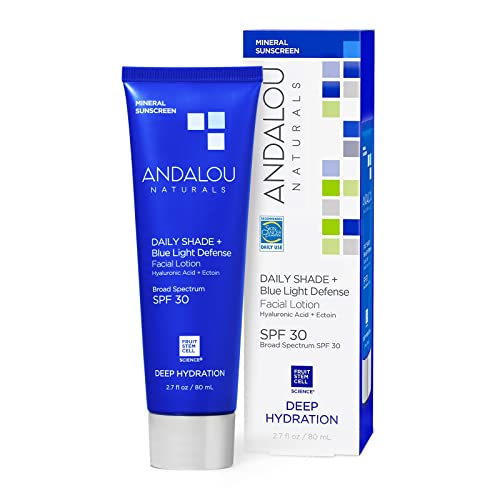
“This contains zinc oxide and provides broad-spectrum UVA and UVB coverage while also using ectoin to protect against blue light and pollution,” says Dr. Garshick. “It also contains hyaluronic acid and bio-designed collagen to help boost moisture, helping to hydrate and plump the skin and won’t leave a white cast behind.”
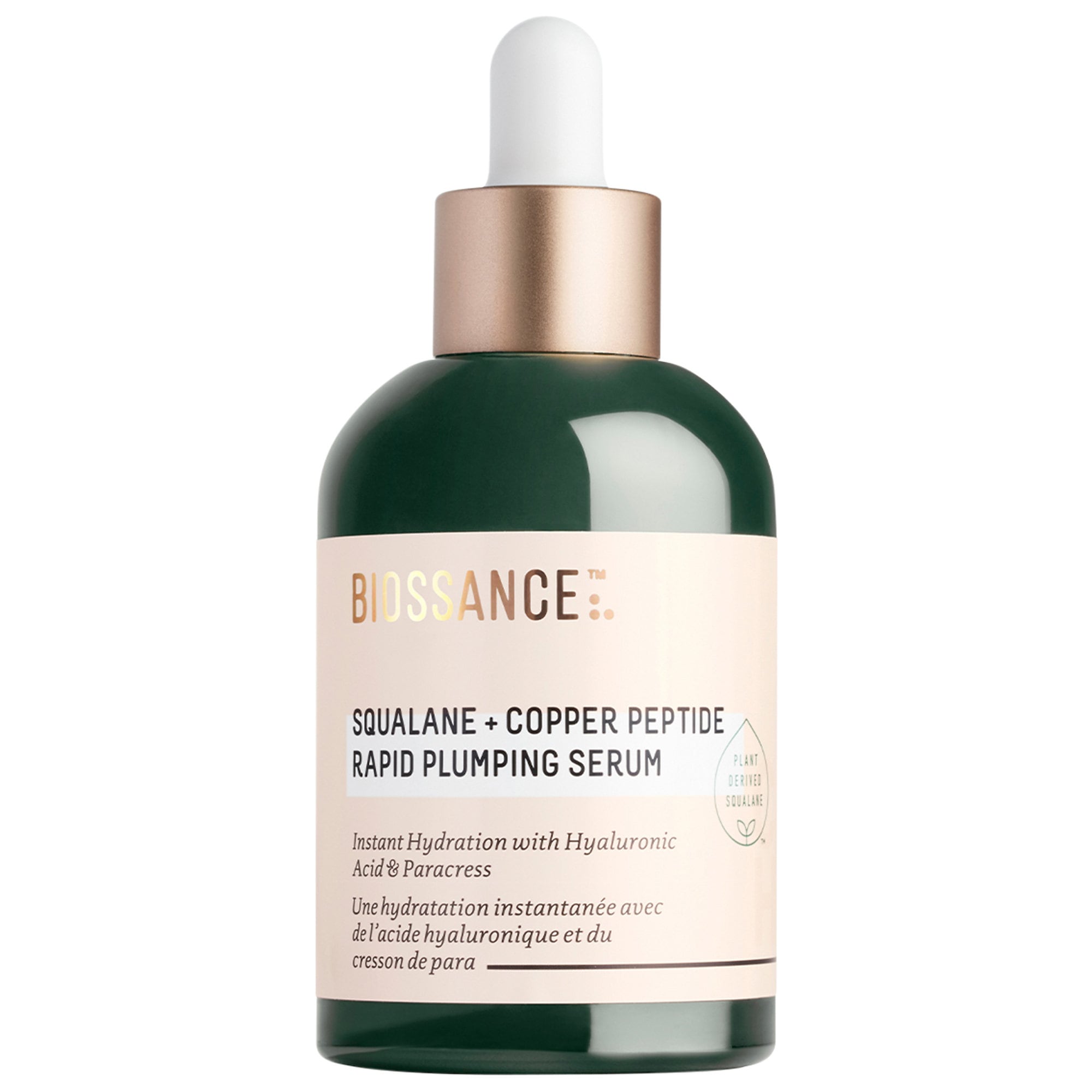
“Containing copper peptides, this serum helps to support collagen production, while also helping to plump the skin using hyaluronic acid and polyglutamic acid,” says Dr. Garshick. “The ectoin helps to protect the skin while also helping to boost moisture overall.”
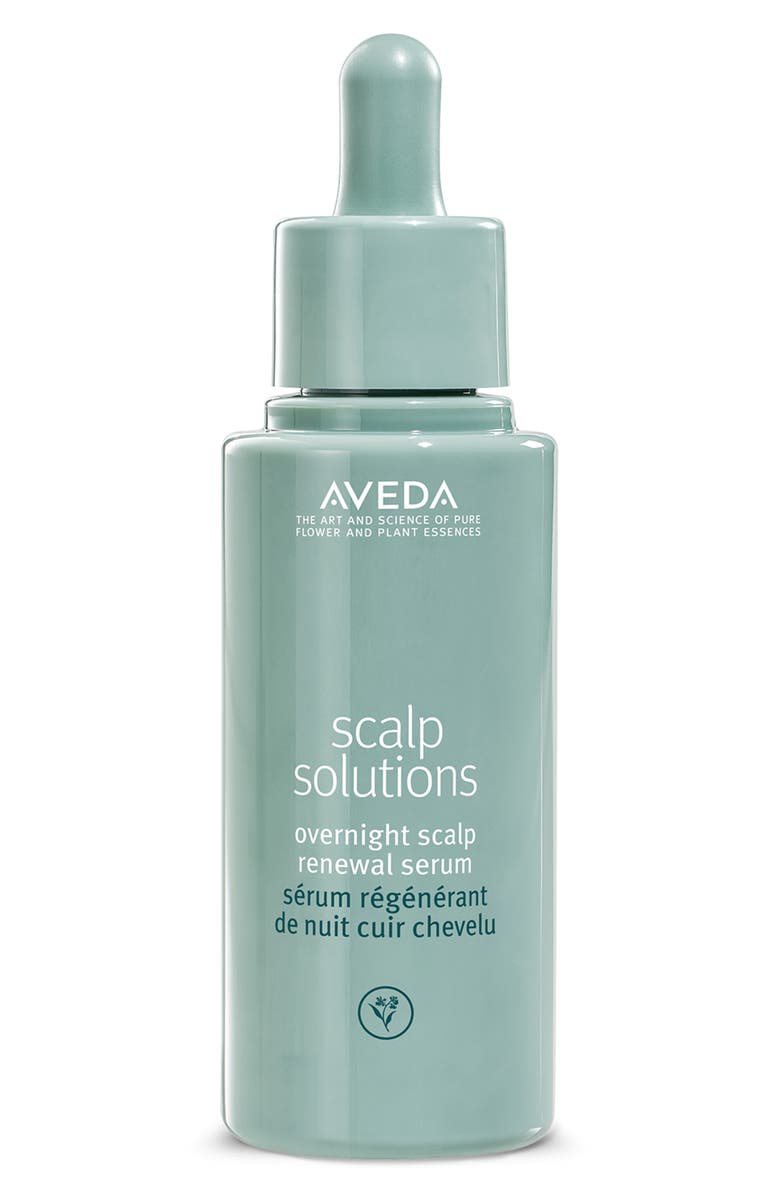
Scalp aging is a real thing, so keeping the skin up there hydrated and free of inflammation and irritation is key to maintaining healthy, full hair. That’s in part why Dr. Mislanker swears by this ectoin-enriched scalp serum. It’s lightweight, non-oily, and leaves the scalp balanced, soft, and supple.
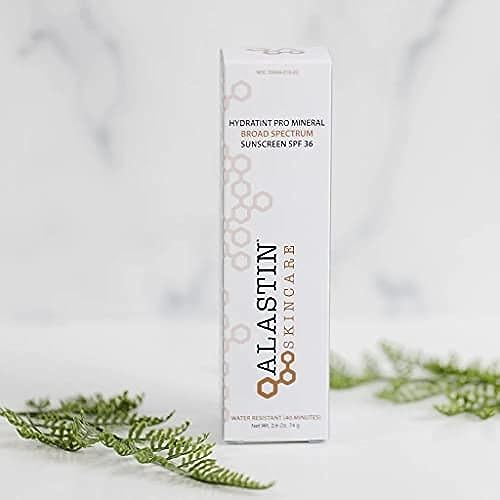
“While ectoin is thought to be protective, it should not replace a sunscreen,” notes Dr. Mislanker. She recommends using an SPF of at least 30 or higher. Her go to? This Alastin tinted sunscreen, which goes on smoothly, doesn’t pill, and provides mineral protection.
Meet the Dermatologists
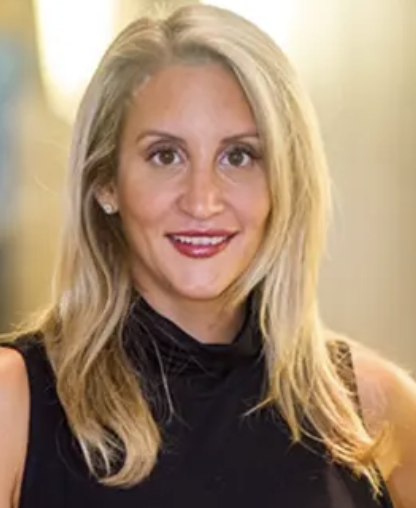
A board-certified and fellowship-trained dermatologist and Mohs surgeon, Dr. Margarita Lolis focuses on cosmetic and medical dermatology as well as surgically removing skin cancers with Mohs Micrographic Surgery.
Dr. Margarita Lolis is known for her approachable nature and dedication to meeting patients’ satisfaction. As a cosmetic dermatologist, she believes that non-invasive procedures coupled with early intervention can restore and maintain a youthful appearance. Her interests particularly lie in scar removal and body contouring.Dr. Lolis has authored numerous book chapters and medical articles in leading dermatology journals, and completed a melanoma research fellowship prior to residency.
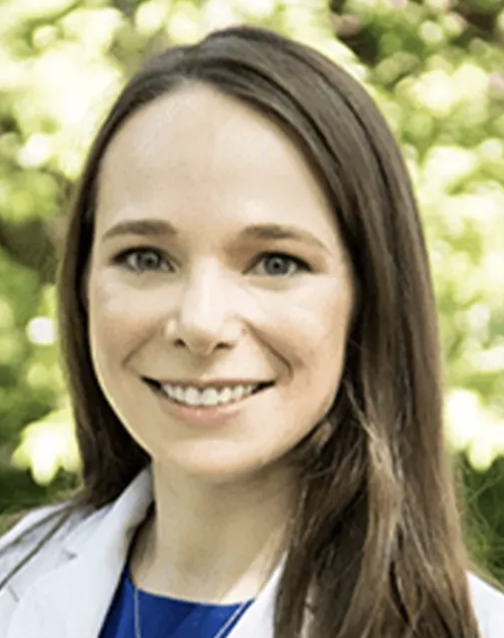
Marisa Garshick, MD, FAAD is a leading board-certified dermatologist serving patients throughout Manhattan, New York and Englewood, NJ at MDCS Dermatology: Medical Dermatology & Cosmetic Surgery, as well as an assistant clinical professor of dermatology at Cornell - New York Presbyterian Medical Center. Dr. Garshick provides a wide variety of cosmetic and medical procedures and services including treatments for acne, eczema, hyperhidrosis, moles, psoriasis, rosacea, signs of aging, skin cancer, skin tags, vitiligo, and wrinkles.
She completed her undergraduate education at Emory University and attended medical school at Tufts University School of Medicine, where she graduated with Research Honors and Alpha Omega Alpha. As a medical student, Dr. Garshick was awarded the prestigious Doris Duke Clinical Research Fellowship at Harvard Medical School, during which she performed dermatology clinical trials and research at Massachusetts General Hospital. She was also awarded the American Medical Women’s Association Glasgow-Rubin Academic Achievement Award for graduating in the top of her class and the William Dameshek Award for Research Excellence. Dr. Garshick’s post-graduate training in dermatology began with an internship at Memorial Sloan Kettering Cancer Center. She completed her dermatology residency at Cornell’s New York Presbyterian Hospital, where she served as Chief Resident in Dermatology. Dr. Garshick has numerous publications in scientific journals and book chapters, including a chapter on the treatment of acne, and has presented at national meetings. She specializes in general medical dermatology, including adults and pediatrics, and cosmetic dermatology, including neurotoxins, fillers, chemical peels, and lasers. Dr. Garshick is also involved in teaching the dermatology residents at Cornell, leading discussions reviewing the latest dermatology literature. She is a member of the American Academy of Dermatology, the American Society of Dermatologic Surgery and the Women’s Dermatologic Society, as well as an Assistant Clinical Professor.Dr. Garshick and her colleagues at MDCS Dermatology: Medical Dermatology & Cosmetic Surgery are currently accepting new patients and accept most major forms of insurance.

Dr. Mislankar was born and raised in Ohio, and has returned to the Buckeye State after completing her dermatology training at the University of Florida, where she served as chief resident. She graduated with a Bachelor of Science degree in Molecular Genetics and Spanish from The Ohio State University and received her Doctor of Medicine degree from the University of Cincinnati, thereafter completing a preliminary year in internal medicine at the University Hospital Cleveland Medical Center/ Case Western Reserve University. Dr. Mislankar treats both pediatric and adult patients, and specializes in general, procedural, and cosmetic dermatology. Her clinical interests include, but are not limited to, skin cancer diagnosis and treatment, acne, eczema, psoriasis and laser treatments. In her free time,
Dr. Mislankar enjoys barre workouts, reading, traveling, and watching The Ohio State Buckeyes and Cincinnati Bengals with her husband and their dog, Zeke. Dr. Mislankar practices at Advanced Dermatology in Mason, Ohio.
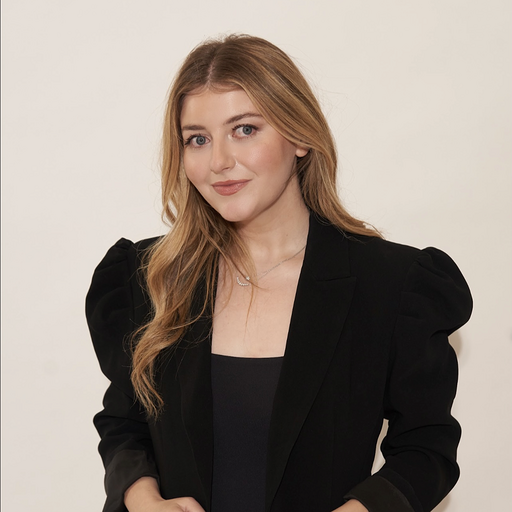
Samantha Holender is the Senior Beauty Editor at Marie Claire, where she reports on the best new launches, dives into the science behind skincare, and shares the breakdown on the latest and greatest trends in the beauty space. She's studied up on every ingredient you'll find on INCI list and is constantly in search of the world's glowiest makeup products. She's constantly tracking the biggest nail and hair trends to pop up in the beauty space, going backstage during fashion weeks, tracking celebrity looks, and constantly talking to celebrity hair stylists, nail artists, and makeup artists. Prior to joining the team, she worked as Us Weekly’s Beauty and Style Editor, where she stayed on the pulse of pop culture and broke down celebrity beauty routines, hair transformations, and red carpet looks. Her words have also appeared on Popsugar, Makeup.com, Skincare.com, Delish.com, and Philadelphia Wedding. Samantha also serves as a board member for the American Society of Magazine Editors (ASME). She first joined the organization in 2018, when she worked as an editorial intern at Food Network Magazine and Pioneer Woman Magazine. Samantha has a degree in Journalism and Mass Communications from The George Washington University’s School of Media and Public Affairs. While at GWU, she was a founding member of the school’s HerCampus chapter and served as its President for four years. When she’s not deep in the beauty closet or swatching eyeshadows, you can find her obsessing over Real Housewives and all things Bravo. Keep up with her on Instagram @samholender.
